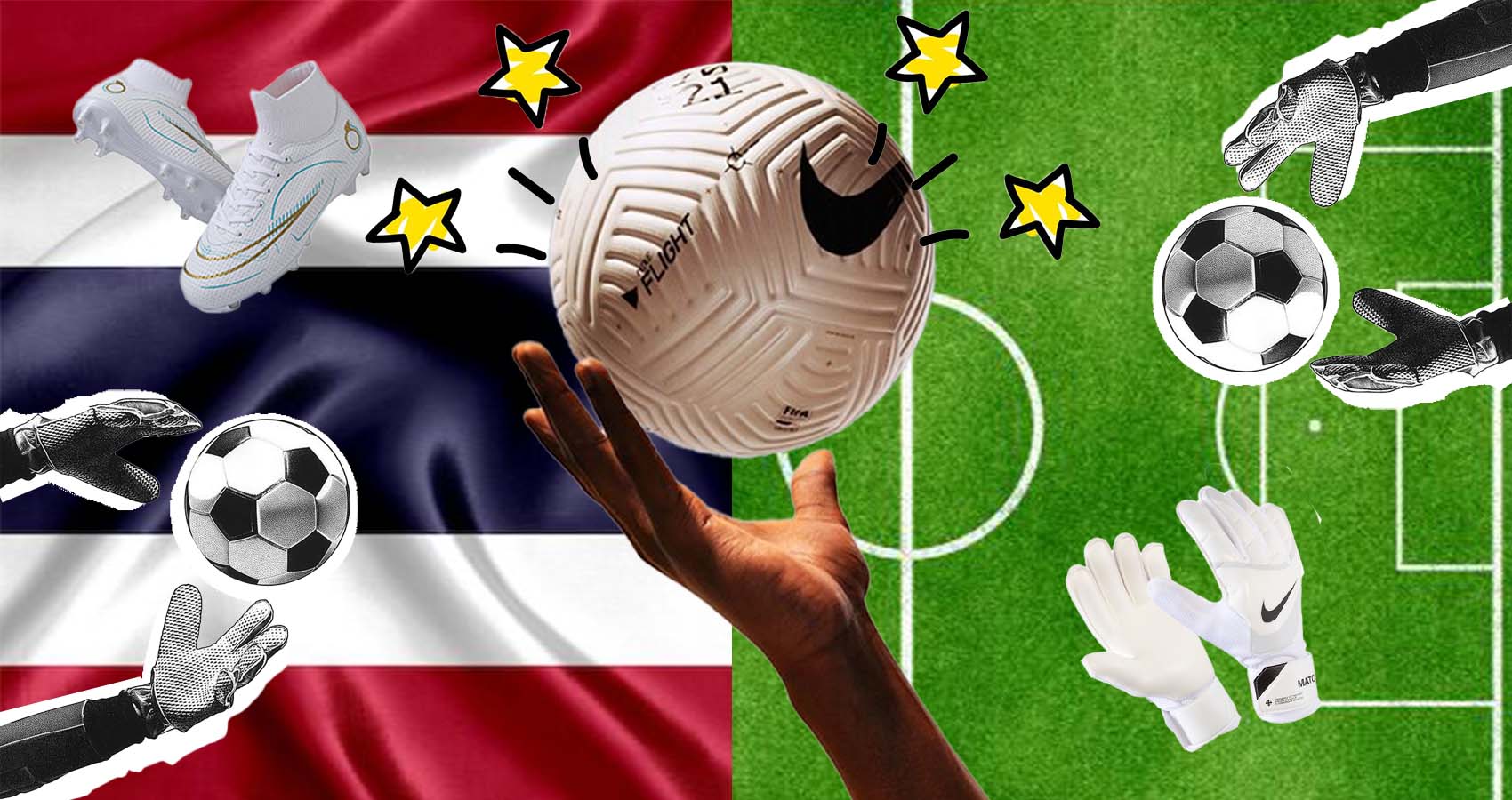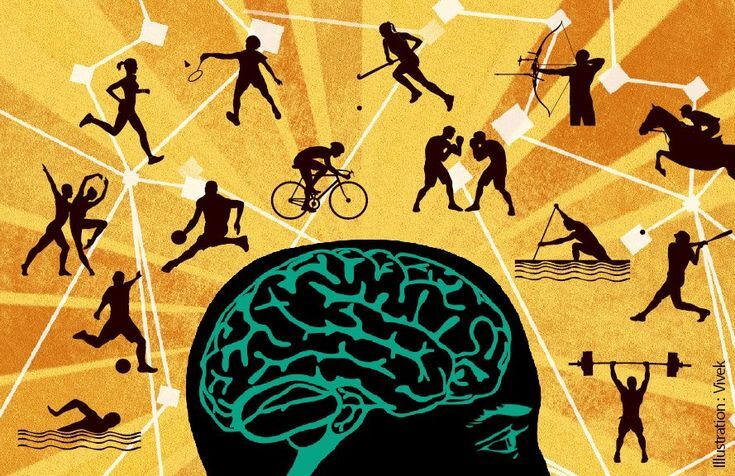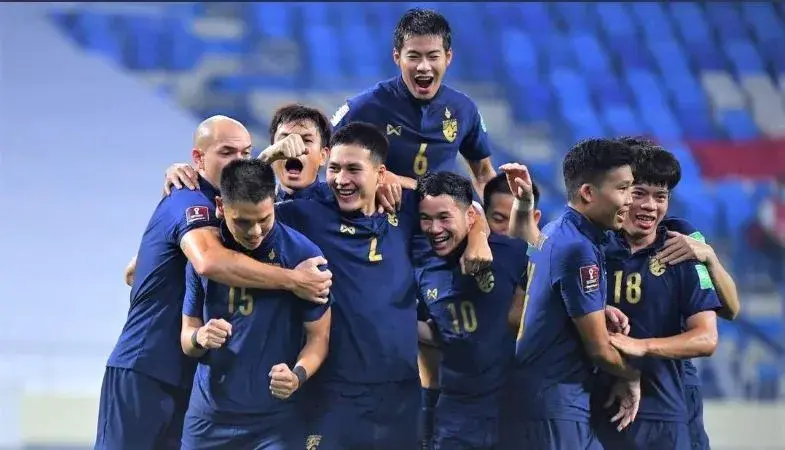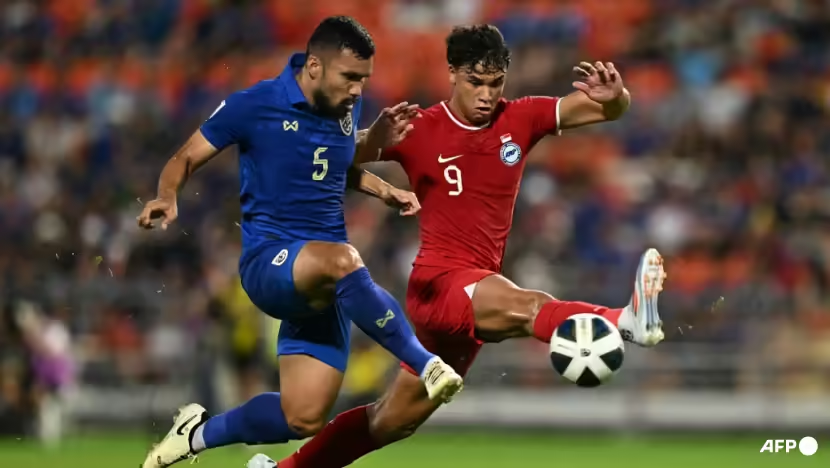
Exploring the Role of Sports Psychology in Thai Football
Unveiling mental strategies driving Thai football's competitive edge.
Sports psychology has taken the world of athletics by storm, reshaping how players, teams, and coaches approach competition and performance. In Thailand, a country where football is passionately followed, sports psychology is becoming an essential tool to enhance players' mental resilience and boost their competitive edge. While physical training has traditionally been the main focus, Thai football clubs and players are now recognizing the importance of mental conditioning as a pathway to reaching new performance heights. In this post, we’ll explore how sports psychology is changing the face of Thai football, helping players achieve optimal performance through structured mental conditioning, emotional regulation, and improved teamwork.
For those looking to deepen their understanding of how mental conditioning impacts performance, sports analyst platforms like https://www.thsport.live/football-analyst/ offer insights that are instrumental in translating psychology into practical football skills.
Understanding the Basics of Sports Psychology

Before diving into its specific applications in Thai football, it's essential to understand what sports psychology entails. At its core, sports psychology examines the mental and emotional factors that influence athletes’ performance. It involves various practices such as visualization, goal setting, anxiety management, and cognitive-behavioral techniques, all aimed at improving an athlete's mindset and mental strength.
In football, sports psychology can be applied in several areas:
-
Enhancing focus and concentration: Football is a fast-paced game that demands split-second decisions. Through mental training, players learn to maintain focus even under pressure.
-
Building resilience: Losses, injuries, and tough matches can mentally wear down players. Resilience training helps athletes bounce back from setbacks.
-
Improving teamwork and communication: In a team sport like football, understanding and effectively communicating with teammates is crucial.
The Emergence of Sports Psychology in Thai Football

While sports psychology has long been popular in Western sports, it has only recently gained traction in Thai football. Traditionally, Thai teams focused heavily on physical conditioning and tactical skills. However, as the sport has evolved and the competitive stakes have risen, so has the realization that mental strength plays an equally crucial role.
Many Thai football clubs now employ sports psychologists to work with players on improving mental resilience and emotional regulation. Clubs like Muangthong United and Buriram United have been quick to adopt mental conditioning as part of their training regimen. The Thai national team has also begun investing in sports psychology resources, recognizing that a strong mental game can make the difference in high-stakes matches.
Key Areas of Mental Conditioning in Thai Football

Sports psychology encompasses a range of techniques tailored to address different mental aspects of the game. Here are some core areas where mental conditioning is making a significant impact on Thai football players:
1. Visualization and Mental Imagery
Visualization, or mental imagery, is one of the foundational techniques in sports psychology. Players visualize themselves successfully executing skills or strategies in matches. By mentally rehearsing scenarios, players can prepare themselves to perform under similar conditions during games. In Thai football, visualization has helped players strengthen their confidence and better anticipate scenarios on the field.
For instance, when a striker envisions scoring a goal against a well-guarded defense, it helps prepare their mind for the real situation. Visualization builds neural pathways that enable faster and more effective decision-making under pressure.
2. Goal Setting and Motivation
Goal setting is another vital element in sports psychology. Setting clear, achievable goals can help players stay motivated and focused. Short-term goals provide stepping stones, while long-term goals give direction and purpose.
For Thai players, goal setting is often used to break down daunting challenges, like facing stronger teams in regional tournaments. A footballer might set a daily goal to improve accuracy by a specific percentage or focus on maintaining a certain level of stamina for an entire match. Through structured goals, players can chart their progress and celebrate small wins, keeping motivation levels high.
3. Stress and Anxiety Management
Football matches can be intense, with players constantly under the scrutiny of fans, coaches, and the media. Managing stress and anxiety is crucial to prevent performance dips. In Thailand, mental conditioning practices such as mindfulness and relaxation techniques are now being incorporated into training to help players stay calm and composed.
Mindfulness, for example, encourages players to focus on the present moment and block out distractions. Simple breathing exercises before a match or during halftime can significantly reduce tension, allowing players to refocus on their performance.
4. Resilience Training
Football players inevitably encounter setbacks—missed goals, lost matches, and sometimes, harsh criticism. Resilience training helps them cope with and bounce back from these disappointments. Thai football players, who often face high expectations, find resilience training particularly beneficial for maintaining morale and dedication.
Techniques like cognitive restructuring help players reframe negative thoughts and replace them with positive, constructive ones. This approach ensures that players don't dwell on failures but rather learn from them and move forward.
5. Team Dynamics and Communication
In a sport that requires intricate teamwork, effective communication is key. Sports psychology helps players improve their interpersonal skills, fostering better team dynamics. In Thai football, where teamwork is valued highly, communication skills are honed to promote cohesion on the field.
Effective communication helps players understand each other's moves, anticipate each other's actions, and work together seamlessly. Mental conditioning sessions focusing on teamwork and conflict resolution have proved beneficial for Thai clubs, enabling players to form stronger bonds and achieve higher collective performance.
Real-World Impacts of Sports Psychology on Thai Football Matches

As sports psychology becomes more prevalent in Thai football, its impacts on actual match outcomes are becoming increasingly visible. Players are now better equipped to handle the pressure, make quicker decisions, and recover from setbacks faster than before. These improvements in mental resilience and composure have led to more consistent performance on the field.
For example, in recent tournaments, Thai teams have demonstrated improved focus in high-stress moments, such as penalty shootouts and extra time. Mental conditioning has also helped players stay composed, reducing instances of panic or reckless moves in tight situations. The application of sports psychology has undoubtedly contributed to Thai football's steady progress on the international stage, proving that the mental aspect of the game is as important as physical skills.
Those interested in how these psychological strategies translate into match analysis can refer to expert platforms like https://www.thsport.live/home-of-football-results.html that dive deeper into real-time mental strategies used in games.
The Future of Sports Psychology in Thai Football

The growing emphasis on sports psychology in Thai football signifies a shift towards a more holistic approach to athletic development. With mental conditioning becoming a core part of training, Thai players are now better prepared to handle the psychological demands of professional football. As the field of sports psychology continues to evolve, we can expect even more advanced techniques to be incorporated into player development programs.
Looking ahead, Thai football can benefit from further investment in sports psychology, especially at the youth level. Introducing young athletes to mental conditioning early on can cultivate mental resilience and foster a more confident, focused generation of players. Ultimately, sports psychology has the potential to not only enhance individual performance but also to elevate the Thai football scene as a whole.
Conclusion
Sports psychology has become an indispensable tool in Thai football, helping players develop the mental toughness and resilience necessary to compete at high levels. Through techniques such as visualization, stress management, resilience training, and team communication, Thai players are able to reach new heights in their performance. By prioritizing mental conditioning alongside physical and tactical training, Thai football is setting a strong foundation for future success.
As more resources are directed towards understanding the psychological factors that influence performance, Thai players are gaining a significant edge in their games. By harnessing the power of sports psychology, Thai football is not just catching up but setting a new standard for mental conditioning in the sport.











